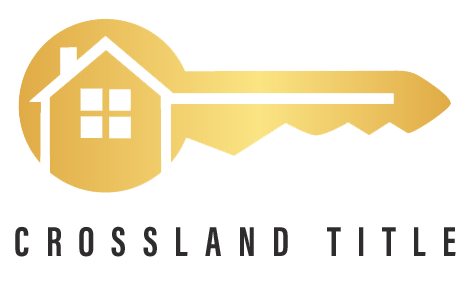Real Estate Closing FAQ
What Happens on Closing Day?
-
You’ll pay any remaining closing costs, as listed in your Closing Disclosure.
-
The seller will sign documents to transfer property ownership.
-
You will sign a:
-
Settlement statement that lists all costs related to the home sale.
-
Mortgage note stating your promise to repay the loan.
-
Mortgage or deed of trust securing the mortgage note.
-
The title company will register the new deed in your name.
Where Does Closing Take Place?
For your closing appointment, you’ll likely meet at the office of the escrowee. The escrowee will be the title company that legally secures your ownership of the house.
Who Attends the Closing of a House?
Depending on where you live, those at your closing appointment might include you, the seller, the escrow/closing agent, the attorney, a title company representative, the mortgage lender, and the real estate agents. But if the seller pre-signed the deed and transfer documents, they probably won’t need to be there.
How Long Does It Take to Move Into a House After Closing?
You might be able to move into your new house as soon as the closing appointment ends. That is unless the seller asked to stay in the house for a length of time after closing (as with a rent-back agreement). The move-in date should have already been determined and detailed in the contract.
Close With Confidence!
Once you nail down these steps, you’ll be able to move into your new home! If you need further insight into any of these aspects, contact a Crossland Title, Inc.

